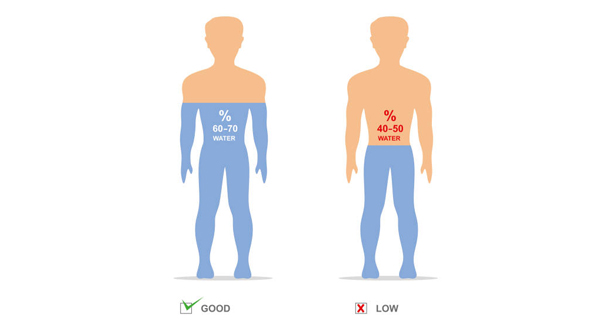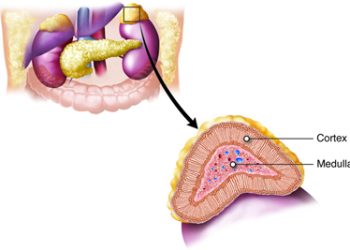Complications and Recovery from Dehydration
Complications and recovery from dehydration depend on how quickly the condition is recognised and treated. While dehydration is often reversible, it can lead to serious health problems if ignored, especially in vulnerable individuals like young children, the elderly, and people with chronic medical conditions.
Complications of Dehydration
When fluid loss becomes severe or prolonged, the following complications may occur:
Kidney problems: Dehydration can lead to urinary tract infections, kidney stones, or even kidney failure if left untreated
Electrolyte imbalances: Low levels of sodium, potassium, or calcium can cause muscle cramps, irregular heartbeats, confusion, and seizures
Low blood pressure: Reduced fluid volume can lead to hypotension, increasing the risk of fainting and falls, especially in older adults
Heat injury: In hot weather, dehydration can contribute to heat exhaustion or heatstroke, which is a medical emergency
Shock: Severe dehydration can reduce blood volume to the point where vital organs receive inadequate oxygen—a life-threatening condition requiring immediate intervention
Recovery and Aftercare
Recovery from mild dehydration is usually quick, especially when fluids are replaced promptly. After rehydration:
Continue drinking plenty of water throughout the day
Introduce balanced meals with electrolytes to support recovery
Monitor urine output—clear or pale yellow urine is a good indicator of adequate hydration
Rest and limit exertion until full strength returns
Recovery in Severe Cases | Complications and Recovery from Dehydration
For those treated with intravenous fluids:
Hospitalisation may last a few hours to a couple of days, depending on the severity and cause
Follow-up may include blood tests to monitor electrolyte balance and kidney function
Patients are educated on recognising early warning signs and preventing recurrence
Prevention and Hydration Habits
Preventing dehydration is an important part of long-term recovery:
Drink fluids consistently, even before feeling thirsty
Increase intake during hot weather, exercise, or illness
Use reminders or hydration tracking apps, particularly helpful for older adults
Long-Term Considerations
People with conditions like diabetes, kidney disease, or gastrointestinal disorders should work with their healthcare provider to create a personalised hydration plan. For older adults in care homes, caregivers should monitor fluid intake regularly.
In conclusion, complications and recovery from dehydration depend heavily on early intervention. While mild cases recover quickly, severe dehydration can lead to organ damage or death if not treated. Ongoing awareness and hydration practices are the key to preventing recurrence.


